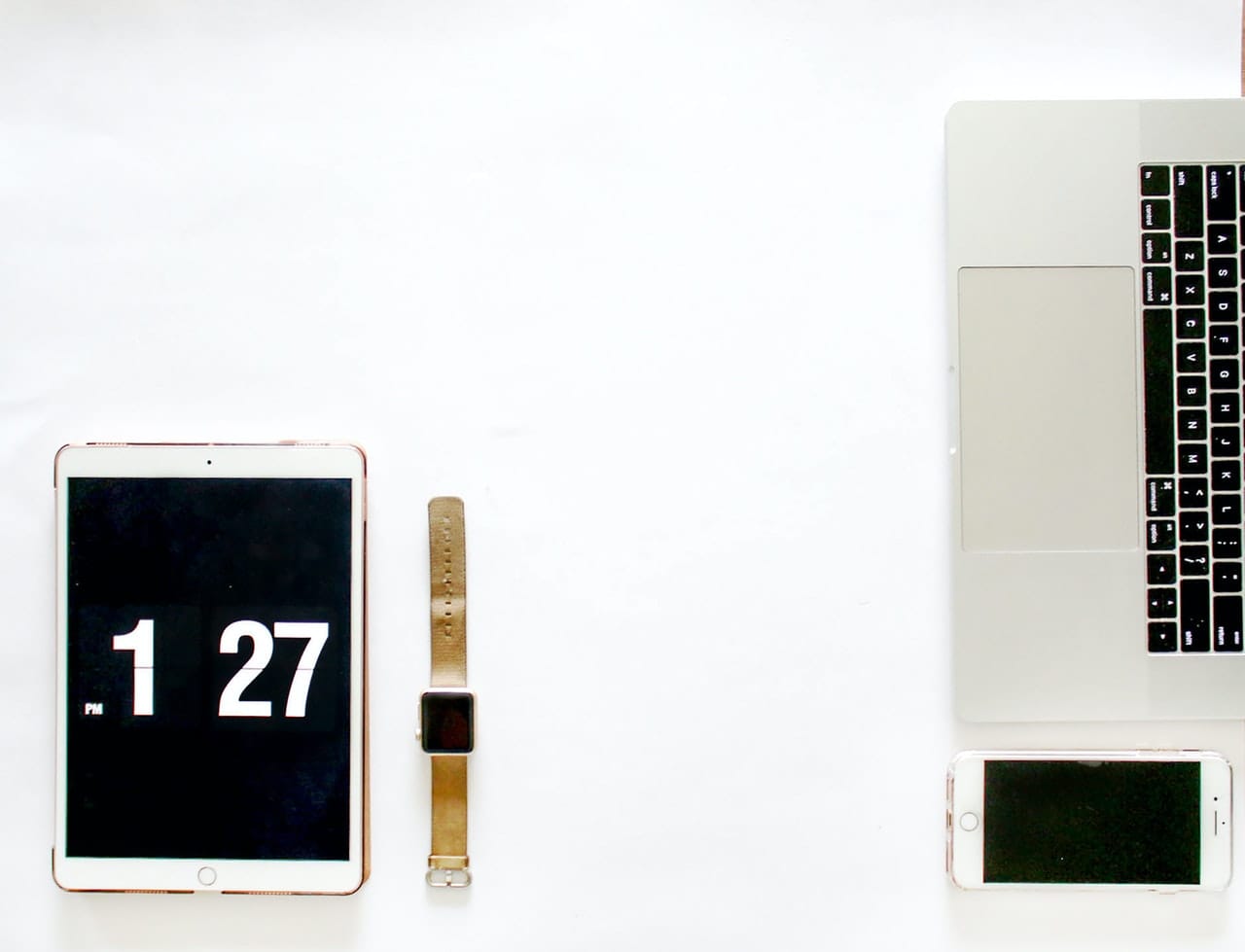Setting up and sticking to a strict monthly budget may be something you have been putting off, but saving a little bit of money here and there each month can really add up and can be much easier than you might think. By practicing more conscious spending, you can pad your wallet with some extra cash to put towards bigger purchases and things that matter. Check out our 5 money-saving tips below, and see how a little bit of effort can go a long way.
1. Jot down your shopping list.

When you make your way over to the grocery store, make sure you’ve got a shopping list in hand. We all know the feeling of running over to the store to pick up a few things and coming out with a shopping cart full of nonessentials. Sticking to your list of necessities will keep you from wasting money on things you don’t need or items you didn’t intend to purchase. Go in with a plan and stick to it! Avoiding a cart and using a smaller basket can also help you make purchases that are absolutely necessary.
2. If possible, pay in cash.
While there are many benefits to using a credit card, opting to use cash when possible can save you some serious money in the long run. The decrease in cash is a visual reminder of your depleted funds, making it more likely that you will think a purchase through and less likely to overspend. As an added bonus, according to this New York Times article, using cash can also make purchases feel more valuable to you. The study suggests that purchases feel more meaningful when the transactions are made with a cash payment rather than with a credit card.
3. Brew your own coffee.

There is, of course, nothing wrong with visiting your local coffee shop on occasion, but when purchasing a cup of coffee becomes a daily habit, it can be quite expensive. Break the habit, and brew your own coffee at home. Consider shopping online for your coffee to help save you even more money. At sites like gourmesso.com, you can get 10 capsules of coffee for less than $5. Their coffee pods start at just $0.45 per capsule. So, save some money every day by ditching the long lines and expensive drinks and committing to making your own coffee at home.
4. Get a library card.
If it’s been years since you’ve used (or seen) a library card, it’s time to revisit your local library (or sign up for a card online). With free access to bestsellers, e-books, audiobooks, movies, and tv shows, your library card could save you some serious money on entertainment. Depending on the library, it may even get you free access to premium online services like Lynda.com and Mango, the language learning platform.
5. Make use of a tracking and budgeting app.

Tracking how much you’re spending and what you’re spending on is essential to forming good spending habits. Especially if you rely mostly on a credit card, mindless spending can get in the way of your financial goals. There are a ton of apps available that have simplified the budgeting process and can help you discover where you may be spending too much. If you’ve been avoiding budgeting and tracking your spending for far too long, it’s time to let an app do it for you. If you’re interested in learning more about budgeting apps that help you manage your money, we’ve reviewed 4 of our user-friendly favorites here.









